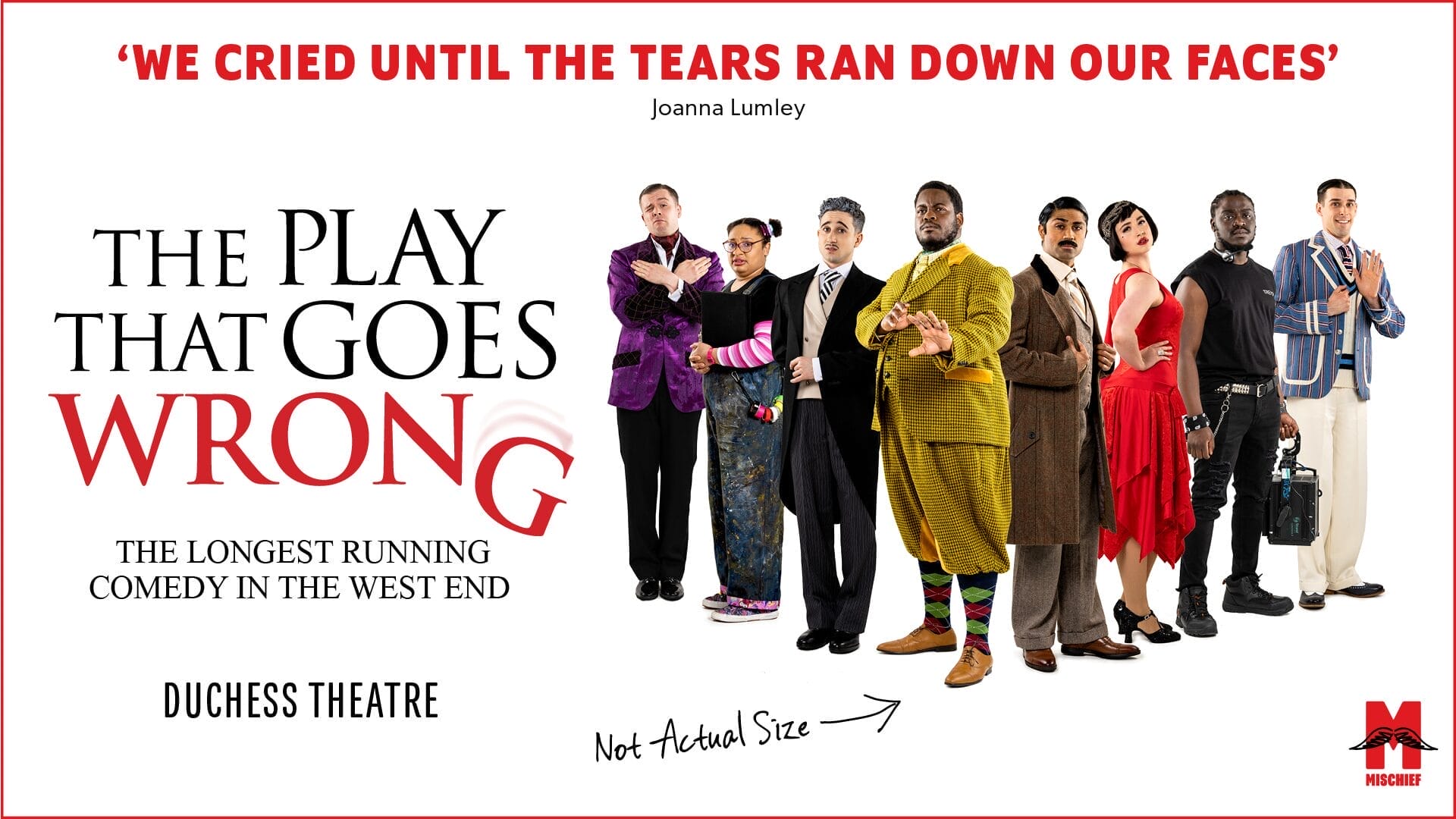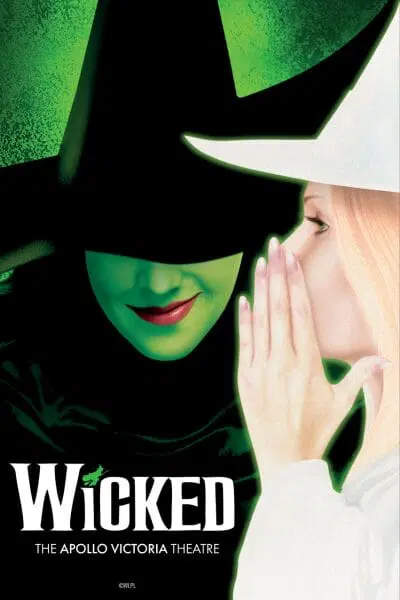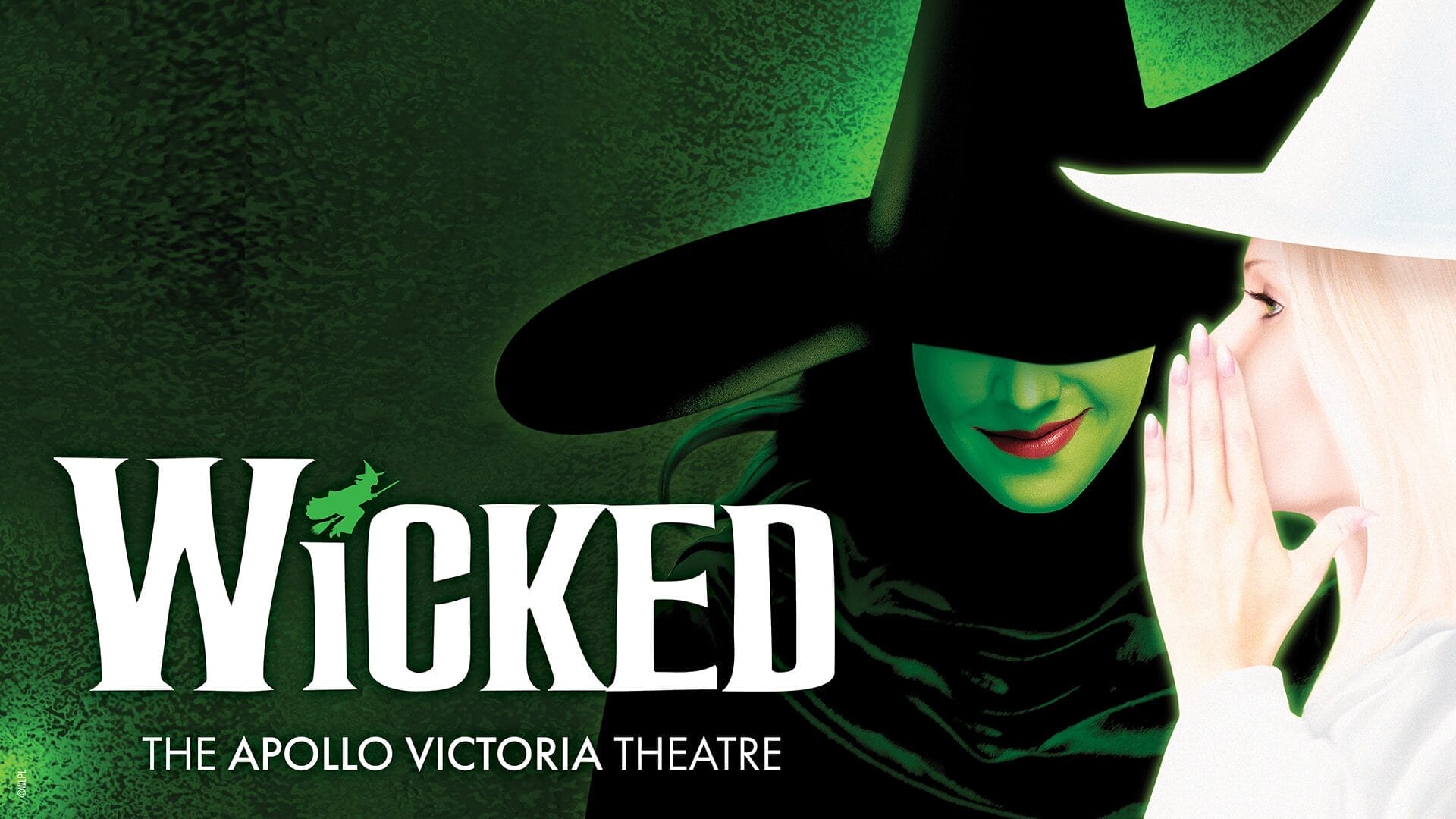 How To Bury A Dead Mule is a profound and poignant solo performance that delves into the destructive power of war and the lingering effects of trauma on the lives of survivors. The performance intricately weaves together different timelines, that of the 1939-1945 conflict and its aftermath, in a sort of posthumous reflection and an earnest attempt to find closure and address generational trauma.
How To Bury A Dead Mule is a profound and poignant solo performance that delves into the destructive power of war and the lingering effects of trauma on the lives of survivors. The performance intricately weaves together different timelines, that of the 1939-1945 conflict and its aftermath, in a sort of posthumous reflection and an earnest attempt to find closure and address generational trauma.
Richard Clements presents in his self-written performance the story of his grandfather, Norman, who enlisted in the Royal Irish Fusiliers while underage. Conceived during the initial lockdown of 2020, Norman’s narrative navigates trauma, loss, pain, and mental health struggles as he endeavours to rebuild his life after the culmination of the Second World War.
Stemming from a visit to Italy’s Second World War battlefields, the play vividly captures how Norman’s mind grapples with processing his experiences, ultimately failing to fully reintegrate into his young family and broader civil society.
How To Bury A Dead Mule masterfully blends intimate and heart-rending storytelling with archival documentary, utilizing a multitude of images and archival footage projected onto the backdrop screen. The flickering visuals onscreen follow the soldier’s reminiscences and imagination, offering contextualization and scale to the performance space, effectively expanding its dimensions.
The archival footage, which incorporates elements from the war and Norman’s personal history, provides astonishing visual support that immerses the audience in that particular period, facilitating their journey through three distinct generations as the narrative continually shifts between the public and private, war and domestic life, memory and delirium, all within a moving performance by Clements. How To Bury A Dead Mule seals his family’s history with a narrative that serves as the final punctuation, the ultimate step towards complete healing.
The result is both sharp and bitter, touching and expertly orchestrated. The only minor drawback lies in the somewhat traditional nature of the performance, as there could have been more daring and experimentation to further summon the spectres of a war and a story so distant, adding a more innovative flair.

















